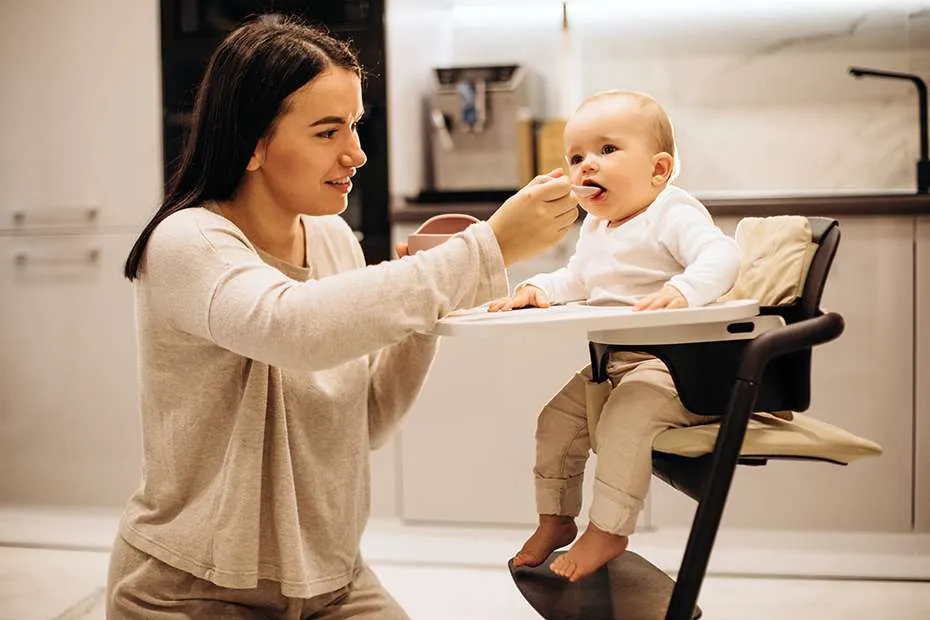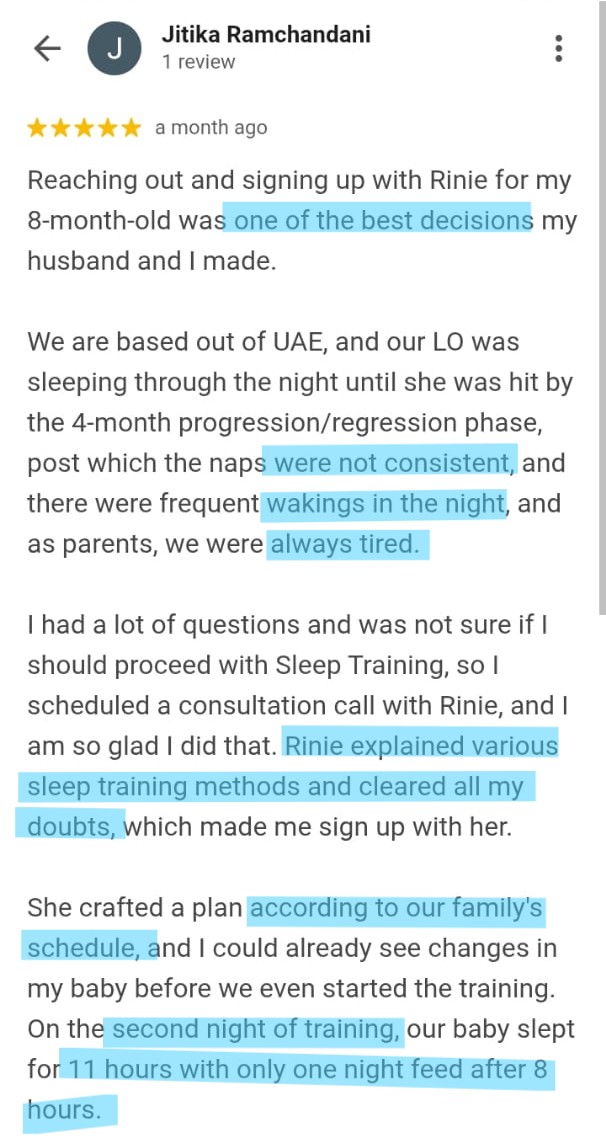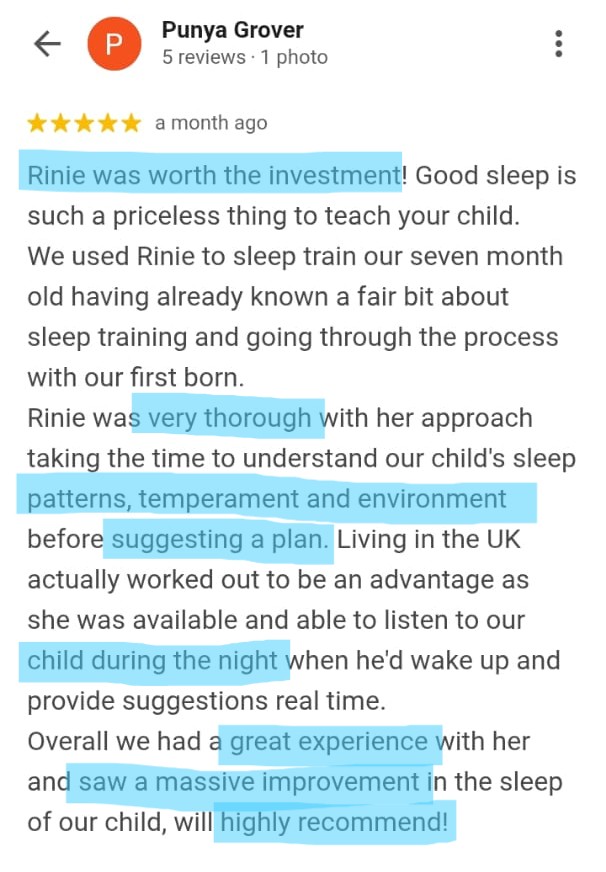Do Solids Help Babies Sleep Better? The Truth Every Parent Should Know
Nov 22, 2025
"My baby wakes every 1–2 hours to feed. My pediatrician said to start solids three meals a day to help her sleep better."
If you’ve heard this advice too, you’re definitely not alone. Many parents assume that adding more food, especially solids, will help their baby stay fuller for longer and sleep for longer stretches.
But here’s the truth: starting solids early won’t fix sleep problems.
In fact, for some babies, it can make sleep even worse.
Let’s break down what’s really happening.

Why Solids Don’t Improve Sleep
It’s easy to think “more food = more sleep,” but baby sleep doesn’t work that way. Babies wake up frequently not because they need more calories, but because their sleep biology and sleep habits are developing.
Starting solids too early can actually cause issues such as:
1. Displacing essential milk feeds
Milkeither breastmilk or formula remains the main source of nutrition until age 1. Solids are not meant to replace milk. When solids fill your baby up, they often take less milk, which reduces the nutrients and calories they need.
2. Causing digestive discomfort or gas
Your baby’s tummy is still learning to process food. Introducing solids too soon or in large quantities can lead to tummy troubles, gas, constipation, and general discomfort all of which interrupt sleep.
3. Disrupting natural sleep rhythms
If your baby’s digestive system is working overtime, falling asleep and staying asleep becomes harder.
And here’s the most important point:
👉 Most night wakings aren’t due to hunger.
They are caused by sleep associations (needing rocking, feeding, patting to sleep) or overtiredness.
So what your baby needs is not more food
your baby needs the skill to self-settle, so they can connect their sleep cycles without help.
When and How to Start Solids the Right Way
If you’re wondering about the right timeline for solids, stick to this simple, developmentally appropriate progression:
✔️ 6 months Start with 1 solid meal a day
This is a gentle introduction. At this stage, solids are about exploring textures and flavors.
✔️ 7 months Increase to 2 meals a day
Your baby is likely more curious and better able to handle slightly more solids.
✔️ 8 months Increase to 3 meals a day
By now, three meals are appropriate, but milk still comes first.
Remember:
Milk should remain the primary nutrition source until 12 months.
Solids are for learning not for “filling the tummy so they sleep better.”

So, What Actually Helps Babies Sleep Through the Night?
It’s not about diet.
It’s about sleep skills.
Sleep training, especially gentle, responsive methods, helps your baby:
- fall asleep independently
- link sleep cycles
- wake up fewer times overnight
- take longer, restorative naps
- enjoy predictable routines
When babies learn these skills, sleep becomes naturally smoother, without relying on feeding, rocking, or contact sleep.
If You’re Tired of Sleepless Nights, I Can Help
If you’re ready to move from exhaustion to peaceful nights, I’d love to support you.
Through my 1:1 sleep support programs, I work closely with families to create customized, gentle, and effective sleep training plans based on your baby’s age, temperament, and unique sleep challenges.
Whether you’re dealing with:
- hourly night wakings
- short naps
- early morning rising
- sleep regressions
- or difficulty settling
you don’t have to navigate this alone.
👉 Learn more about my 1:1 sleep training programs and start your journey toward restful nights with Singapore’s trusted baby sleep consultant.
Read next:
- Are Breastfed Babies Worse Sleepers?
- Can Newborns Be Sleep Trained?
- The 4 Biggest Sleep Training Myths and What’s Actually True




